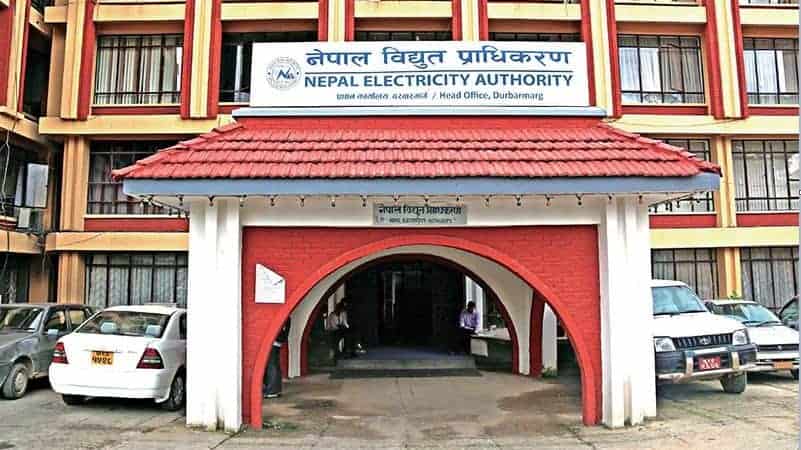

BUTWAL: The Nepal Electricity Authority (NEA) has reignited a long-running dispute with industries in Rupandehi after issuing a 21-day ultimatum to settle outstanding charges related to the controversial “dedicated” and “trunkline” electricity services.
The NEA’s Directorate of Distribution and Customer Services issued a notice urging industrial and commercial consumers who had received supply through trunklines or dedicated feeders to immediately clear their arrears. It further stated that customers wishing to pay in installments could do so over a maximum period of 28 months.
The issue has festered for years. Rupandehi industries claim they never used electricity via trunklines or dedicated lines, yet have repeatedly faced pressure to pay additional charges. They argue they already paid regular tariffs on time and even received discounts for timely payment, but are now being unfairly penalized retroactively.
The controversy gained fresh momentum after Kulman Ghising, previously removed as NEA’s executive director under the previous government, returned as Energy Minister and made the recovery of trunkline dues one of his first decisions. Industrialists accuse Ghising of targeting them under the pretext of “revenge” against former NEA Managing Director Hitendra Dev Shakya, with whom Ghising has long been at odds.
“We never applied for dedicated or trunkline supply. The NEA itself supplied power for a few days during load management, yet billed us for months at premium rates without proof,” said Devendra Sah, General Manager of Panchakanya Group. “We were suffering from load-shedding at the very time NEA claims we received trunkline power. Their own Butwal office records show this.”
Arun Goyanka of Goyanka Foods alleged that NEA slapped a bill of NPR 20 million for power never consumed, adding penalties to inflate the dues beyond NPR 40 million. “We are ready to pay if NEA can provide evidence. Otherwise, we will shut down. We cannot be scapegoats for mistakes made by others,” he said.
Industrialists further argue that under electricity regulations, only consumers who receive 20 or more hours of supply daily through trunklines are liable to pay premium charges. When they requested “Time-of-Day” (TOD) meter data from NEA to verify consumption, NEA failed to provide it. “Without data, they are issuing letters and demanding money. This is unjust,” said Suman Bhusal of SR Foods.
The stakes are high: 21 industries in Rupandehi are embroiled in the dispute, and closure would leave over 7,000 workers jobless. “The government has closed the legal route and is now trying to strangle us. We will not pay under such coercion,” Bhusal warned.
Industrialists have announced they will challenge the NEA’s decision in court, calling it politically motivated and destructive to Nepal’s fragile industrial base. “We are not liable to pay these charges. If justice is denied through administrative review, the courts are our only option,” said Chandraman Shrestha, another Rupandehi industrialist.
For now, tensions remain high as ultimatum approaches its deadline, leaving both industries and thousands of workers facing an uncertain future.